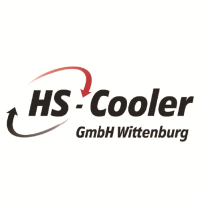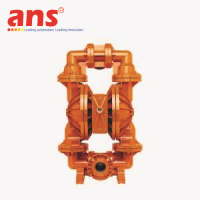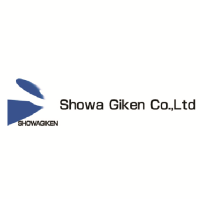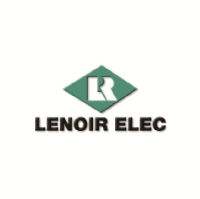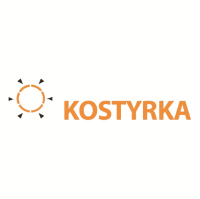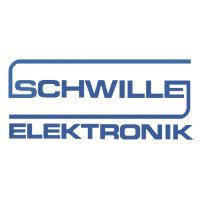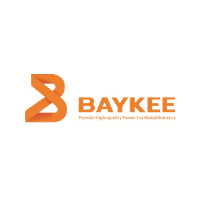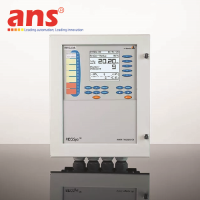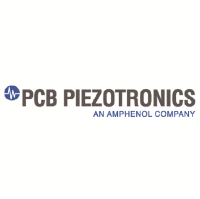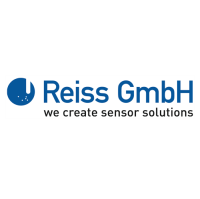Micro system technology is a key technology of the 21st century. It makes both entirely new products possible, as well as increasing the performance of products already existing for application fields, such as mechanical engineering, electronics, environmental monitoring, automotive, construction, medicine and bio-technology. Comparable with the effect of microelectronics in the previous decades, microsystem technology possesses a high innovations potential for the personal lives of the people as well as for industrial processes.
Microsensors, as part of microsystem technology, is the field of operations of the Institute for Microsensors.
The CiS Research Institute for Microsensors and Photovoltaics GmbH in Erfurt is a non-profit research-establishment in the free State of Thuringia with close ties to the local industry. It sees itself as an R&D service associate, that carries out the development of micro-sensor solutions from the design stage up to the prototyping for industry.
The area of authority of the institute concentrates on
- optical
- capacitive
- piezo-resistive
sensors and sensor systems
With its specialist areas
- Microsystem development and calibration
- Microsystem design
- Wafer, chip and process technology
- Assembly and packaging technology
- Solid state analysis and particle measurement
- Test and measurement technology
the institute has an extensive net value added chain from the development stage up to the production of microsensor components and systems.
More than 50 employees, mostly with college education, and extensive experience working together with industrial partners under the utilisation of the most modern equipment to realise exacting development and research tasks.
CiS services include facilities for the development and production of sensor systems and components, as well as all the related technological processes.
CiS develops and manufactures the sensors and sensor systems for diverse areas of application areas of application resulting from these services.
The basis for this are optical, capacitive and piezo resistive working principles. Customer specific sensors and sensor systems are available in compliance with these working principles such as:
- Climate sensors
- Microoptical Sensors
- Pressure sensors
- Radiation detectors
- Photo diodes
Detailed information about the products is available to download as:
-
- Services
- Climate sensors
- Microoptical Sensors
- Pressure sensors
- Radiation detektors
- Photo diodes
- Data sheeds
- Applications
Climate sensors and systems
|
Micro – condensation sensors |
|
| The condensation sensors are monolithic integrated micro-sensors for the detection of humidity. The modules consist of a silicon integrated stray field capacitor including condensation detection area, a temperature sensor as well as a capacity frequency converter. The components are mounted on FR4- substrate. |  |
| [Product information] | |
|
|
|
| Dew point hygrometer MTR 5 | |
| The dew point hygrometer is a novel microprocessor controlled dew point hygrometer supporting the measurement of the dew point temperature and the ambient temperature and the calculation of absolute and relative humidity according to the CCC*-dew point measuring principle. |  |
| [Product information] | |
|
|
|
| Dew point transmitter MTR 2.1 | |
| The dew point transmitters are transducers for direct measurement of the dew point temperature according to the CCC* dew point measuring principle. The transmitter consists of the probe, directly connected to the housing (MTR2.1/S) or via a connector plug (MTR 2.1/SA, SE), and a housing containing the control and processing unit. |
 |
| [Product information] | |
|
|
|
CiS VIET NAM











